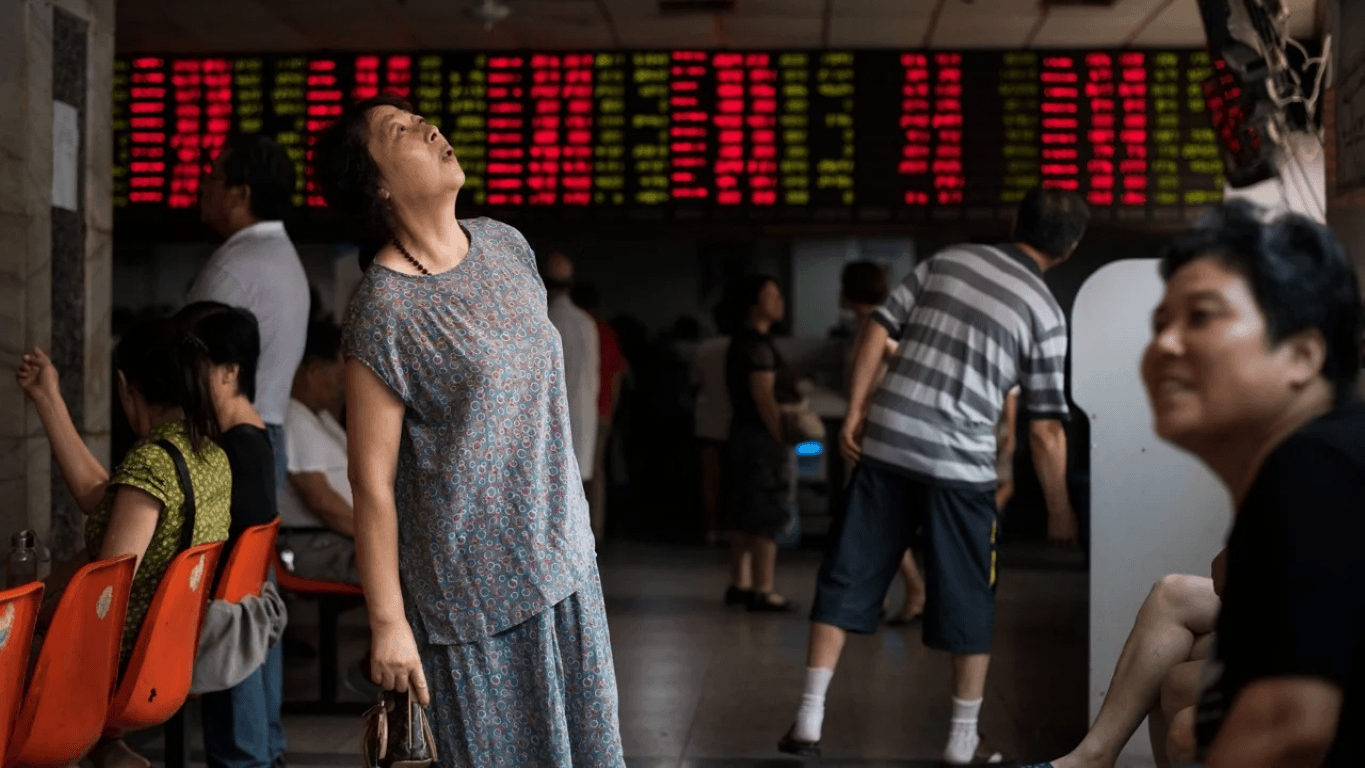China to weaponize the yuan?
July 30, 2018 | Expert Insights

The ongoing trade war between the US and China has taken a new turn, with the two sides now engaged in a currency war. A gradual depreciation of the yuan is one of the weapons China is likely to use in the trade war but experts are divided over how it will work for exports and the broader economy.
Background
President Trump has raised concerns about a full-blown trade war by targeting Chinese imports. After months of rhetorical exchanges between Washington and Beijing, the imposition of the new import taxes makes real a conflict that has rattled markets, scrambled corporate supply networks and chilled business investment.
Last month, the White House announced plans to stick 25% tariffs on 1100 Chinese goods. China is not happy about this, and Beijing has vowed to retaliate with the same value: 25% tariffs on US products worth $34 billion per year. Each side has threatened further tariffs on the other and tensions continue to escalate, sparking fears of an all-out ongoing global trade war
China on 11th July vowed to take “countermeasures” after the United States announced 10% tariffs on an extra US$200 billion worth of Chinese imports. The proposed US duties on $200 billion worth of Chinese imports could take effect after public consultations end on August 30.
Recently, the Chinese government said that it will soon allow borrowers to use offshore foreign currency bonds as collateral for interbank loans. This is a step further towards liberalizing the country’s capital markets. Asian stocks struggled to gain traction on Friday, following a mixed end to Wall Street trade. The worsening Sino-U.S. trade dispute kept investors in the region cautious, despite signs of rapprochement between the US and Europe.
Analysis
The tit for tat trade war has taken a new turn with China opening a new front with a currency war. Analysts say that if China’s leaders really are weaponizing the yuan, they are following a high-risk strategy, both for China and the rest of Asia. Over the past three months, the yuan has depreciated by around 7.7 % in value against the US dollar.
President Trump and the US government believe that weakening of the Chinese currency gives Beijing an unfair advantage in the trade war. While deliberately devaluing the yuan might negate the effect of US tariffs, it would be a dangerous course of action.
In an era of low and negative interest rates, the extra return available on Chinese bonds was the reason many international investors decided to dive into the market. However, this was based on the belief that policymakers would keep the yuan “stable” in the foreign exchange market. Thus, anything more than a moderate depreciation of the currency will wipe out their gains, and turn their investment into a loss. They would sell their holdings and covert the proceeds into US dollars, this would further exert additional pressure on the yuan. This could result in capital outflows on a scale that could rival those following Beijing’s 2015 devaluation, which depleted China’s foreign exchange reserves by a hefty US$1 trillion.
In recent years, many companies around the region have taken advantage of low US interest rates to borrow in US dollars. If Asian countries devalue, servicing those US dollar debts will become more difficult. Among the most vulnerable countries in the region are Indonesia, whose current account deficit makes it dependent on inflows of foreign capital. Further, half of the Malaysian government’s debt is financed by foreign investors. In either country, currency depreciation could lead rapidly to a major funding crunch.
The effects of a depreciating yuan are already seen in the nascent recovery in Hong Kong’s retail sector that is coming under pressure with shoppers from across the border more cautious about spending in the city. Analysts warned that the yuan, which has depreciated 6.6 % against the Hong Kong dollar since the beginning of April, would remain weak and continue to put pressure on retailers in the city.
Counterpoint
Olivier Blanchard, former chief economist with the IMF, tweeted this week that a 7% depreciation of the yuan might be enough for China to offset Trump’s move to impose 25 % tariffs on US$50 billion of Chinese imports as well as 10% duties on another US$200 billion of products.
Assessment
Our assessment is that a policy of deliberate depreciation on China’s part could risk a feedback loop of capital outflows and runaway currency weakness which would have grave repercussions in China and abroad. We feel that if China were to broaden its economic confrontation with the US into a currency war, it would cease to act as an exchange rate anchor for the rest of Asia. We believe that this move will drive many weak Asian countries to the brink of an economic crisis and China will be further away from establishing the yuan as a regional trade and reserve currency.








Comments